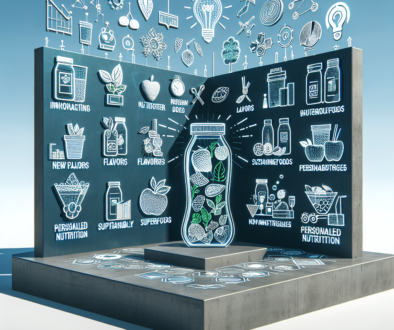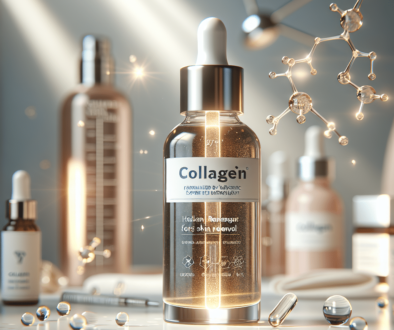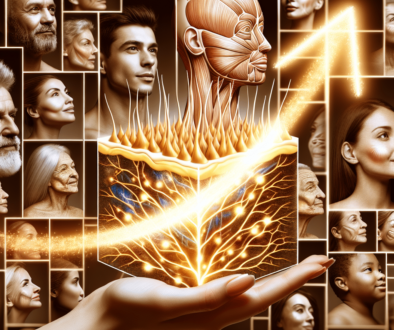Experimental Study On Attapulgite/Type I Collagen/Polycaprolactone Composite Repair Of Bone Defects In Rabbits
Keywords
Attapulgite, Type I Collagen, Polycaprolactone, Composite Scaffold Material, Bone Defect, Rabbit
Abstract
Objective To explore the effect of attapulgite/collagen type ¢ñ/poly (caprolactone, ATP/Col ¢ñ/PCL) scaffold material in repairing rabbit radial bone defects and its feasibility as a bone substitute material . Method: Col ¢ñ and PCL were dissolved in hexafluoroisopropanol in a ratio of 3:2, and ATP was added to prepare the ATP/Col ¢ñ/PCL scaffold material; the Col ¢ñ/PCL scaffold material was prepared in the same way as a control. Scanning electron microscopy was used to observe the structure of the two scaffold materials. Twenty-four 2-month-old male Japanese white rabbits were selected, and a radial bone defect model with a length of 15 mm was prepared on both sides of the forelimbs. Randomly divided into 3 groups, 6 animals in group A (12 sides) were treated as controls without any treatment; 9 animals in groups B and C (18 sides) were implanted with Col ¢ñ/PCL and ATP/Col ¢ñ/PCL respectively in the defect. Scaffolds. After the operation, the general condition of the animals was observed, and X-ray films were taken at 4, 8, and 12 weeks to observe the bone defect repair; at 12 weeks, the samples were taken for gross, scanning electron microscopy, Micro-CT observation and histological and immunohistochemical staining to observe the bone defect repair and scaffold. Material degradation. The results of scanning electron microscopy showed that both scaffold materials had porous structures, and the structure of ATP/Col ¢ñ/PCL scaffold material was denser than that of Col ¢ñ/PCL scaffold material. After surgery, all animals in each group survived until the completion of the experiment, and there was no incision infection. X-ray examination showed that as time went by, the bone marrow cavity in the defect area of group C was connected, and the repair effect was better than that of groups A and B. Twelve weeks after surgery, gross observation showed that the scaffold materials in groups B and C were well integrated with the surrounding tissues, and the defect in group A was filled with connective tissue. Scanning electron microscopy showed that the surface and pores of the scaffold materials in groups B and C were covered with a large number of cells and tissues. Micro-CT scans showed that the new bone volume, bone mineral content, tissue mineral content, and trabecular bone connection density at the bone defect site in group C were significantly higher than those in groups A and B (P<0.05). Histological and immunohistochemical staining showed that the defect area in group A was filled with a large amount of connective tissue, and ALP, Col ¢ñ and OPN were only weakly expressed; in group B, collagen fibers were formed in the degradation area of the scaffold material. Compared with group A, ALP, Col ¢ñ and OPN were only weakly expressed. and OPN expression were enhanced; the scaffold material in group C degraded slower than that in group B, and new bone tissue was formed at the material implantation site. Compared with groups A and B, the expression of ALP was weakened, while the expression of Col ¢ñ and OPN was enhanced. Conclusion The ATP/Col ¢ñ/PCL scaffold material is biodegradable in vivo, has a three-dimensional porous and dense structure, and has good biocompatibility. It has a good effect in repairing rabbit radius bone defects and can be used as a bone replacement material. For further information of this article and research, feel free to contact our team for asssitance. Original research was done by Song Xuewen, Li Zhenjun, Wang Wei, Zhao Hongbin
About ETChem
ETChem, a reputable Chinese Collagen factory manufacturer and supplier, is renowned for producing, stocking, exporting, and delivering the highest quality collagens. They include marine collagen, fish collagen, bovine collagen, chicken collagen, type I collagen, type II collagen and type III collagen etc. Their offerings, characterized by a neutral taste, and instant solubility attributes, cater to a diverse range of industries. They serve nutraceutical, pharmaceutical, cosmeceutical, veterinary, as well as food and beverage finished product distributors, traders, and manufacturers across Europe, USA, Canada, Australia, Thailand, Japan, Korea, Brazil, and Chile, among others.
ETChem specialization includes exporting and delivering tailor-made collagen powder and finished collagen nutritional supplements. Their extensive product range covers sectors like Food and Beverage, Sports Nutrition, Weight Management, Dietary Supplements, Health and Wellness Products, ensuring comprehensive solutions to meet all your protein needs.
As a trusted company by leading global food and beverage brands and Fortune 500 companies, ETChem reinforces China’s reputation in the global arena. For more information or to sample their products, please contact them and email karen(at)et-chem.com today.



